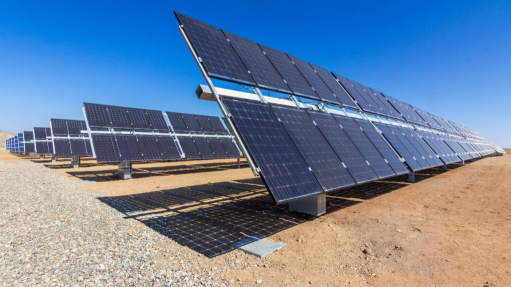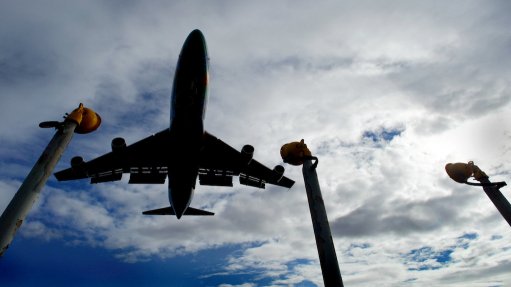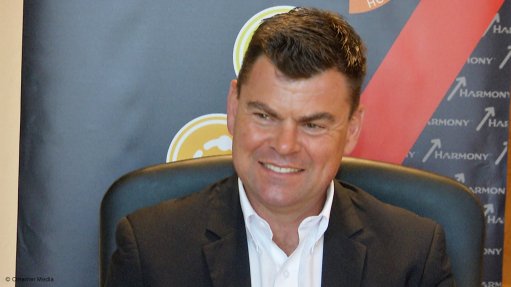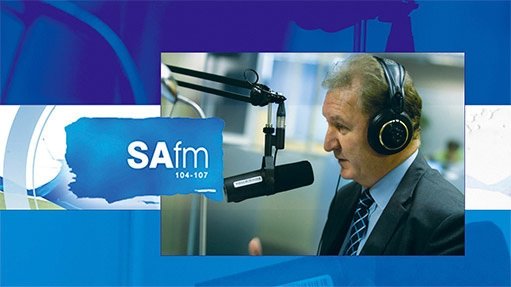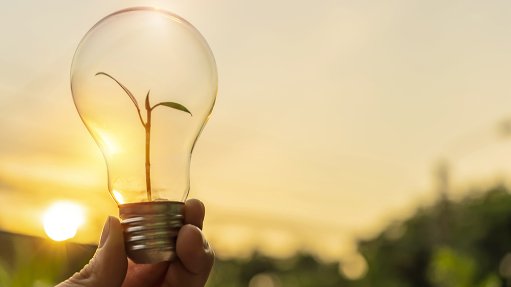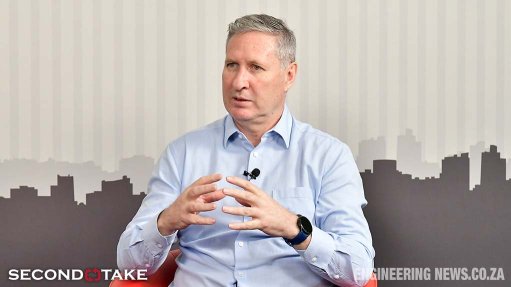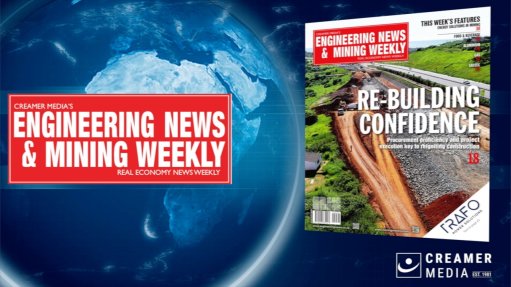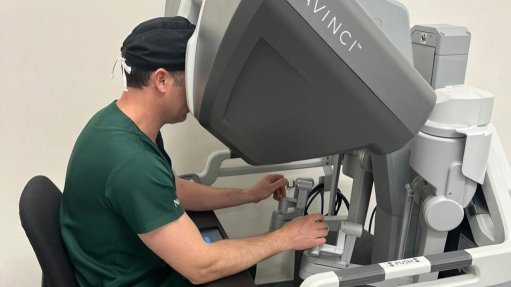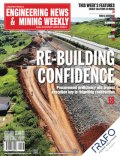Council to coordinate content at Indaba

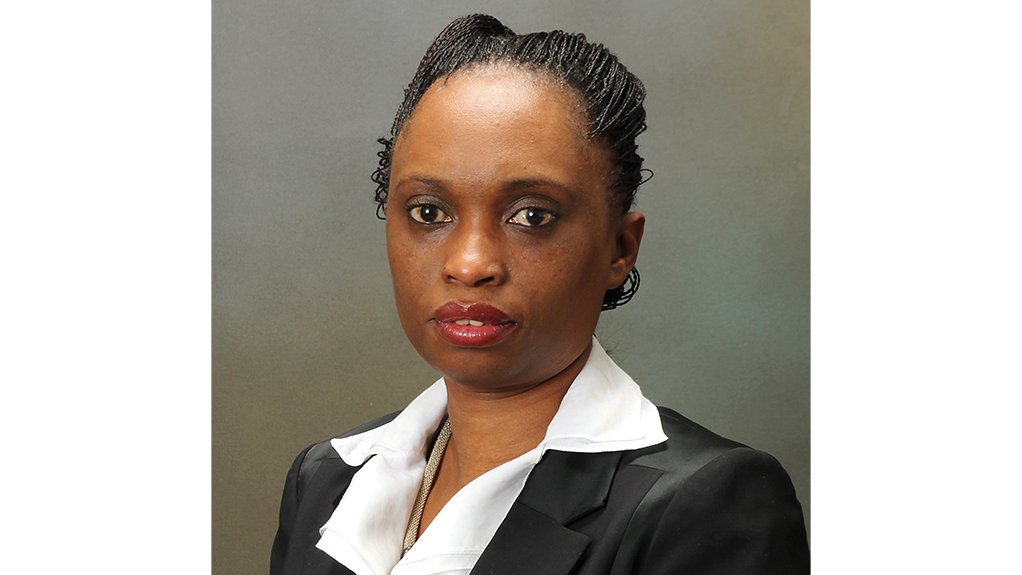
CHIBONI EVANS The SAEEC is collaborating with AEI organisers regarding content to be discussed at this year’s Indaba.
The South African Electrotechnical Export Council (SAEEC), supported by the Department of Trade, Industry and Competition (DTIC), is collaborating with the Africa Energy Indaba (AEI) to profile South African companies in the energy sector at the event.
SAEEC is coordinating the engagement between business advisers from Africa with South African companies, and collaborating with AEI organisers regarding content to be discussed at the event.
“We have engaged with trade promotion agencies from Ghana, Uganda, Nigeria, Zambia and Zimbabwe to extend an invitation to energy delegates from these countries to participate at the indaba,” says SAEEC CEO Chiboni Evans.
The council will conduct a renewable-energy tour to the South African renewable-energy technical sector, in Cape Town, where technicians and artisans are trained to maintain and operate renewable-energy sites.
The SAEEC is also hosting separate events at the AEI.
One such event, the African Energy Colloquium will address the impact of Africa’s energy deficit on the implementation of the African Continental Free Trade Area (AfCFTA) agreement that aims to increase the flow of goods and services in Africa through intra-African trade.
The focus of the council will be to reposition its member companies for exports, emphasising renewable energy in Africa.
From a business perspective, Evans says SAEEC’s participation at the Indaba will benefit its members and key stakeholder, the dtic.
“Our mandate is to see how we can promote international trade and increase exports from South Africa, so we are looking at how business opportunities are going to present themselves at the AEI.”
She further emphasises the importance of discussions and activities to identify how South African companies can partner with other African businesses to implement forthcoming energy projects, whereby a third of $70-billion in investment will be spent on energy infrastructure projects.
“So, we must, in South Africa, be able to participate in building energy infrastructure.”
Evans notes that SAEEC’s participation will also benefit attendees on a policy level, as the council aims to encourage African countries to use local means to build renewable-energy projects.
She says African countries should identify and be ready for opportunities to position themselves “from a business-to-business perspective, and from a government-to-business perspective as we seek to increase trade in Africa”.
Further, SAEEC will contribute to discussions regarding power pools by aiming to create an understanding of what thought leaders are developing and discussing around regional work to create, generate and sell energy.
The council will also discuss whether the AfCFTA has ensured that regulations have effectively been implemented to allow for power pools to be as effective as possible.
“We need to work at removing those trade barriers which do not allow us to trade our goods and services, like energy, as easily as we should, so that will be some of the discussions we want to have and listen to in terms of the policies that will be discussed at the Indaba,” adds Evans.
SAEEC will also join discussions about Industry 4.0 and its implications for Africa in terms of the way in which the digital space has expanded, owing to the Covid-19 pandemic, and how this will enable South Africa to trade and operate more efficiently.
However, Evans cautions that African corporations should not transition too quickly into Industry 4.0 without gaining an understanding of its social implications, owing to Africa’s young population.
“We need to have those conversations and ask how we can carefully manage the inclusion of Industry 4.0 in terms of the processes set in place that will allow for Africa to develop its infrastructure, industries and economies, while at the same time preserving jobs and bringing people out of poverty.”
Discussions regarding the applicability of global innovations to Africa, and how innovations should be modified according to African expertise and knowledge to ensure its applicability, workability and sustainability, will also be held.
Comments
Press Office
Announcements
What's On
Subscribe to improve your user experience...
Option 1 (equivalent of R125 a month):
Receive a weekly copy of Creamer Media's Engineering News & Mining Weekly magazine
(print copy for those in South Africa and e-magazine for those outside of South Africa)
Receive daily email newsletters
Access to full search results
Access archive of magazine back copies
Access to Projects in Progress
Access to ONE Research Report of your choice in PDF format
Option 2 (equivalent of R375 a month):
All benefits from Option 1
PLUS
Access to Creamer Media's Research Channel Africa for ALL Research Reports, in PDF format, on various industrial and mining sectors
including Electricity; Water; Energy Transition; Hydrogen; Roads, Rail and Ports; Coal; Gold; Platinum; Battery Metals; etc.
Already a subscriber?
Forgotten your password?
Receive weekly copy of Creamer Media's Engineering News & Mining Weekly magazine (print copy for those in South Africa and e-magazine for those outside of South Africa)
➕
Recieve daily email newsletters
➕
Access to full search results
➕
Access archive of magazine back copies
➕
Access to Projects in Progress
➕
Access to ONE Research Report of your choice in PDF format
RESEARCH CHANNEL AFRICA
R4500 (equivalent of R375 a month)
SUBSCRIBEAll benefits from Option 1
➕
Access to Creamer Media's Research Channel Africa for ALL Research Reports on various industrial and mining sectors, in PDF format, including on:
Electricity
➕
Water
➕
Energy Transition
➕
Hydrogen
➕
Roads, Rail and Ports
➕
Coal
➕
Gold
➕
Platinum
➕
Battery Metals
➕
etc.
Receive all benefits from Option 1 or Option 2 delivered to numerous people at your company
➕
Multiple User names and Passwords for simultaneous log-ins
➕
Intranet integration access to all in your organisation







